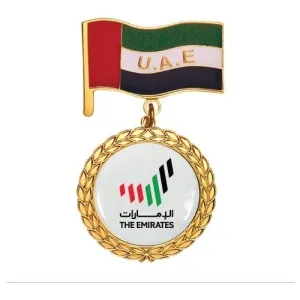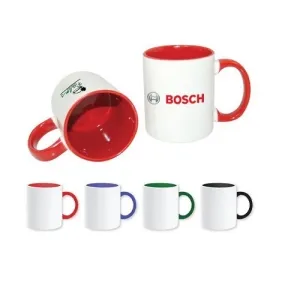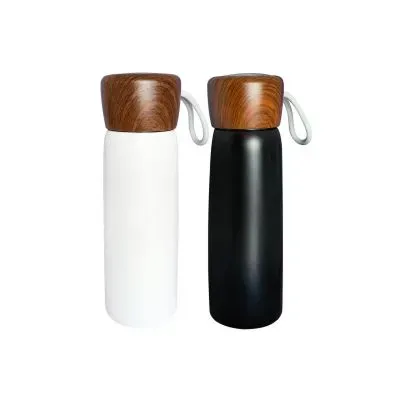Personalizing Gifts for Middle Eastern Consumers
Personalizing Gifts for Consumer Preferences
Personalization has become increasingly important in gift-giving, especially in the diverse and culturally rich landscape of the Middle East. Tailoring gifts to meet the tastes and preferences of Middle Eastern consumers not only enhances their perceived value but also strengthens the emotional connection between the giver and the recipient. This essay explores effective strategies for personalizing gifts for Middle Eastern consumers, ensuring that they resonate with their cultural and individual preferences.
Understanding Middle Eastern Consumer Preferences:
Cultural Sensitivity: Middle Eastern consumers appreciate gifts that respect their cultural traditions and values. Avoiding items that may be considered inappropriate or offensive, and instead opting for gifts that reflect cultural sensitivity and awareness, is key.
Quality and Craftsmanship: Quality is highly valued in Middle Eastern gift-giving. Consumers appreciate gifts that showcase fine craftsmanship, attention to detail, and superior materials. Investing in high-quality items conveys a sense of respect and appreciation for the recipient.
Personal Connection: Middle Eastern consumers value personal connections and relationships. Gifts that are thoughtfully chosen and reflect the giver's understanding of the recipient's interests, tastes, and preferences are more likely to be well-received and cherished.
Strategies for Personalizing Gifts:
Customization Options: Offer customization options that allow consumers to personalize their gifts according to their preferences. Whether it's engraving initials, adding a personalized message, or selecting specific colors or designs, giving consumers the opportunity to customize their gifts adds a special touch and makes the gift feel unique and meaningful.
Cultural Themes and Symbols: Incorporate cultural themes and symbols that resonate with Middle Eastern consumers into gift designs. Whether it's motifs inspired by Islamic art, traditional calligraphy, or symbols of good luck and prosperity, incorporating cultural elements adds depth and significance to the gift.
Personalized Packaging: Pay attention to the presentation of the gift by offering personalized packaging options. Elegant gift wrapping, custom gift boxes, and decorative embellishments that reflect the recipient's tastes and preferences enhance the overall gift-giving experience and make the recipient feel valued and appreciated.
Thoughtful Selection: Take the time to select gifts that align with the recipient's interests, hobbies, and lifestyle. Consider factors such as age, gender, cultural background, and occasion when choosing gifts to ensure that they are well-suited to the recipient's preferences.
Furthermore, embracing the cultural diversity within the Middle East is crucial for effective gift personalization. The region encompasses a myriad of cultures, languages, and traditions, each with its own unique nuances and preferences. Businesses must conduct thorough market research and understand the specific preferences of their target audience within different regions of the Middle East. By acknowledging and respecting these cultural variations, businesses can tailor their gift offerings more effectively, ensuring that they resonate with consumers on a deeper level.
Moreover, leveraging technology and data analytics can enhance the personalization process, enabling businesses to gather insights into consumer preferences and behavior. By analyzing past purchasing patterns, social media interactions, and demographic information, businesses can identify trends and preferences that inform their gift personalization strategies. Utilizing customer relationship management (CRM) systems and personalized recommendation algorithms can further enhance the personalization process, allowing businesses to deliver tailored gift suggestions based on individual preferences and past interactions. Through a combination of cultural understanding, market research, and technological innovation, businesses can optimize their gift personalization efforts and create memorable experiences for Middle Eastern consumers.
Conclusion:
In conclusion, personalizing gifts for Middle Eastern consumers requires careful consideration of their cultural and individual preferences. By understanding Middle Eastern consumer preferences, such as cultural sensitivity, appreciation for quality craftsmanship, and the value of personal connections, businesses can tailor their gift offerings to meet the unique tastes and preferences of their target audience. By offering customization options, incorporating cultural themes and symbols, providing personalized packaging, and selecting gifts thoughtfully, businesses can create memorable and meaningful gift experiences that resonate with Middle Eastern consumers and strengthen their relationships with their target market.
Spotlight on Trending Promo Gear
Browse the most popular and trending Corporate Gifts




















